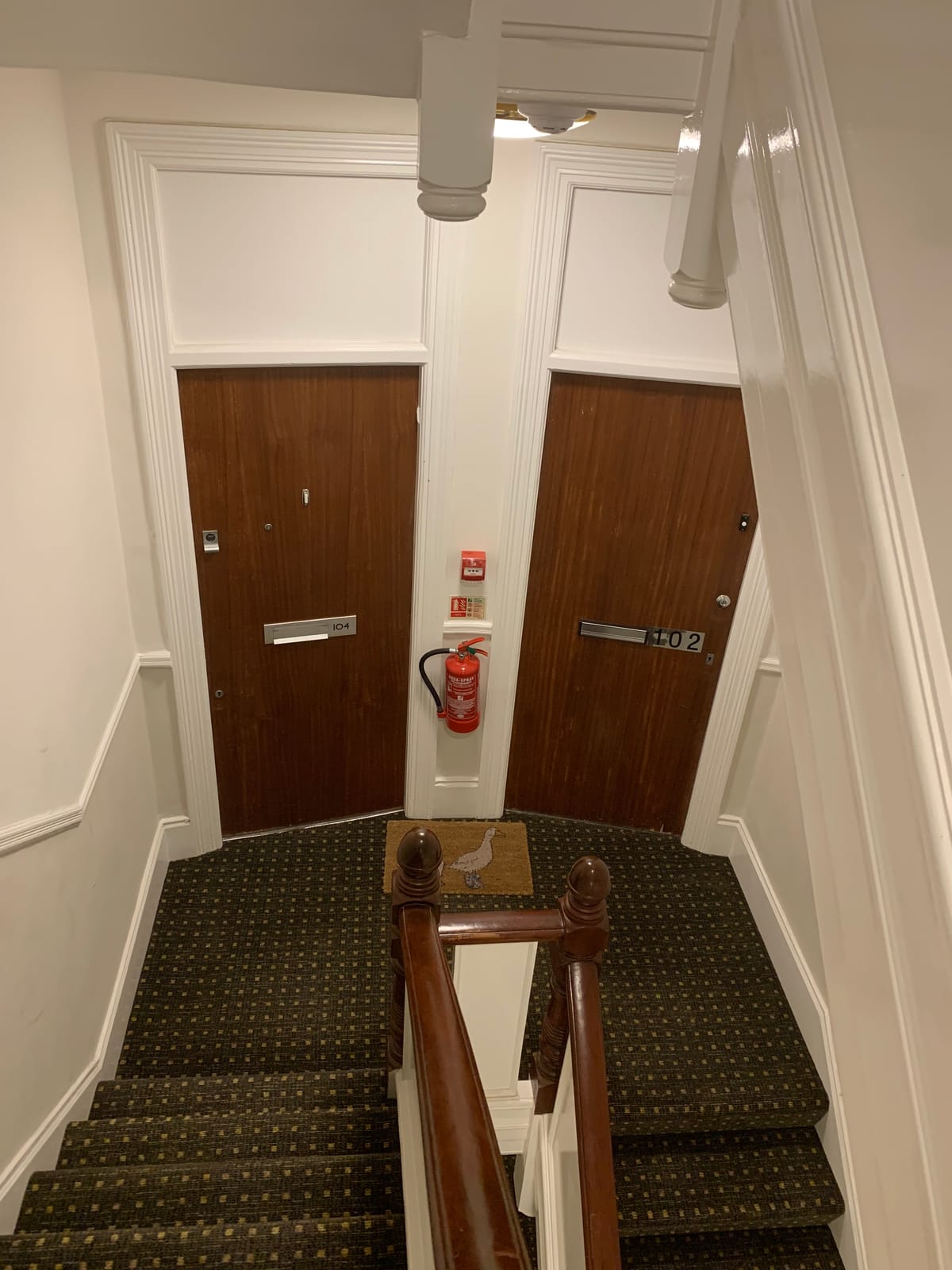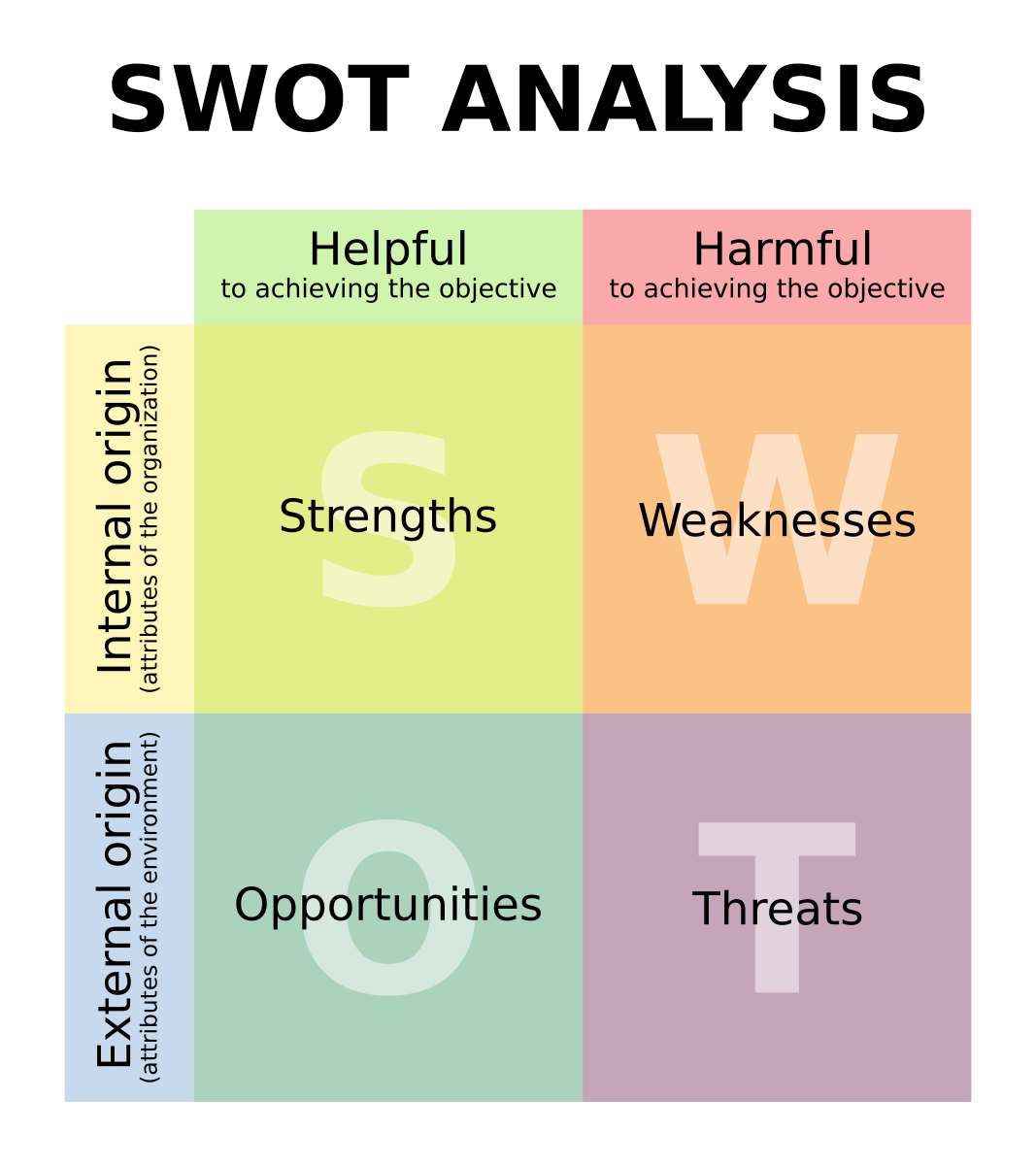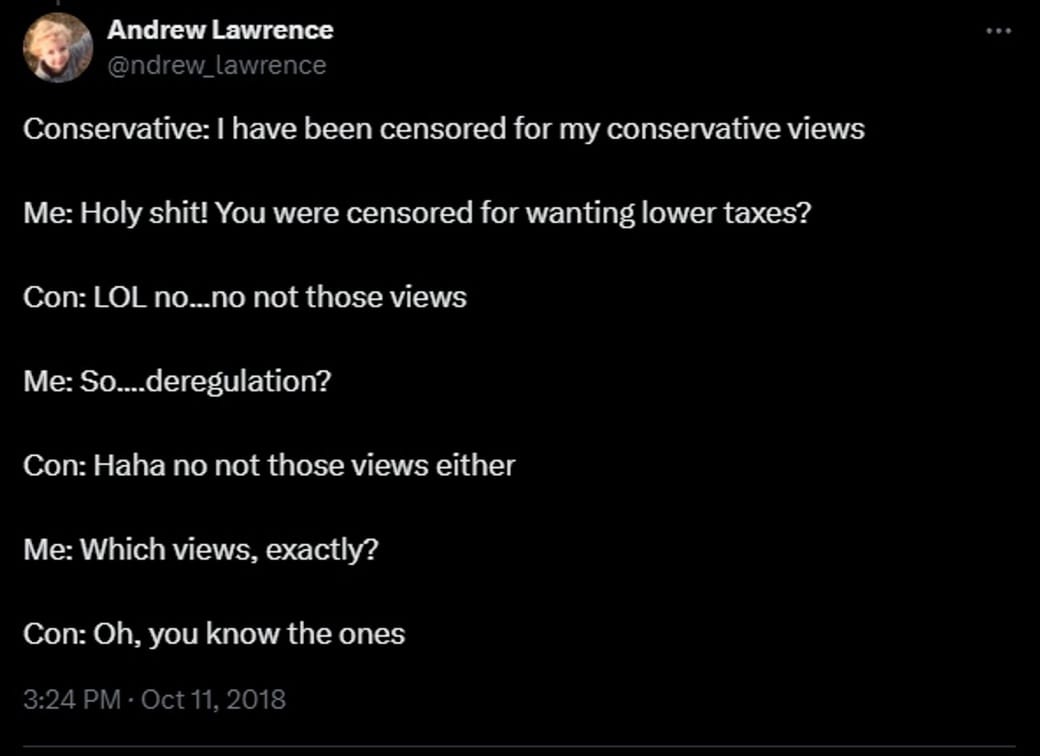Business is political - a systems thinking approach

No politics at work please
There’s a phrase that gets thrown around in offices: “No politics at work, please.”
The thing is, business is politics. It always has been. We just tend to notice it more when it stops working in our favour.
You might also hear:
“No politics at the dinner table, please.”
Unfortunately, I have some bad news.
Everything is political. Business is political.
How does politics affect business

Yes someone asked her about voting systems
Politics doesn’t only mean elections and manifestos. It shows up in how laws are written, how taxes are collected, and which industries get funding.
Law and policy
Governments set law and policies. Assuming you are a law-abiding organisation (I'll exclude criminal ones for ease here), you have to follow those laws. That can include:
- Financial regulation eg submitting public accounts
- Operational regulation eg accessibility compliance, safety rules
- IT and data governance
- Employment law
- Consumer and contract law
A common misconception is that you don't have to worry much about this because contracts exist. However, this is not the case. I often explain this with an employment contract. It can’t include a clause allowing someone to break the law (for example, making “rob banks” part of your job description).
Some of these have more drastic effects in some sectors, eg products that allow someone to tell if their organisation is breaking the law depend on the law itself. GDPR pretty much touched every organisation that stored information on individuals, for example.
Economics and Trade
If the government issues tax breaks for small businesses but not big ones, that's a decision they are making that directly affects a business's existence. If they announce funding into certain sectors, companies in those sectors could benefit. Conversely, lack of funding in an area can reduce a company's reason to make money, eg farming subsidies via agricultural policy.
In addition, trading blocs exist to allow companies to trade across country lines - reducing overhead or making it cheaper to do business with an individual or a country different to yours.
Making Sense of it

However, in order to make any decision, you need to draw lines around stuff so you're not just modelling the complexity of the whole universe when considering a business decision.
There are thankfully business tools that already exist to try to understand the impact of politics and the wider world on your business or product.
Some frameworks which assist here
PEST(LE) and mortar

This helps consider the macro factors that might affect a business and thus the decisions made inside it. It's broadly a brainstorming tool.
SWOT and the confusion is gone
A SWOT allows you to apply the info from PEST big world into specifics around a business or product or decision inside them. The main mistakes people make with a SWOT are:
- not doing sufficient research/work to collect the relevant information prior to filling in a SWOT grid
- Not understanding the distinction between an internal origin and an external origin strength/weakness and why it's important to have that separation

All the forces. But not Captain Planet
Porter's five forces - each of the points from a PEST can be analysed to see how it affects each area of a Porter's five forces analysis. For example, if people have more disposable income due to a new government policy, and you sell consumer goods... that's a plus for you. If regulation increases, that often reduces the threat of new entrants. etc.

These are just the basic ones - a lot of the systems thinking tools mentioned in my Knowledge Graphs post can apply here too.
Ok, but what about "those" politics

So far, this all sounds a bit abstract. Policies, taxes, regulations, business analysis. But politics doesn’t just live in parliaments. It lives in pay packets, workplaces, and who feels safe enough to contribute. It affects where you can live and what jobs you can apply to. In extreme cases, it affects your ability to exist, especially if you are part of a marginalised section of the population eg trans, black, or queer (very much not an exhaustive list!)
So yes, personal politics also directly affects business decisions.
- not letting people with disabilities have autonomy reduces how much money they can spend, or money from anyone connected to the person who might assist them. For example, I'm typically scouting restaurants and pubs for decent wheelchair accessibility if I see some of my friends, otherwise it's a right pain for them to move about and order a drink. That's money we wouldn't have otherwise spent if we did something free.
- if someone is currently pre-occupied by government telling them they do not have a right to exist... that's not someone willing to spend extra money typically. They will be saving it "just in case" or for private healthcare they need but can't get.
- Diverse teams are more successful and generally do better - losing out on that talent means less good business.
The important thing here for everyday work is ensuring that your colleagues have a good space to work their best - that means diverse teams, that means teams who feel safe both in the office and outside. You can only indirectly influence the outside, but you can directly influence the inside by being an Excellent Colleague.
No man is an island

As with any system, if you can’t see how the parts interact, you’ll never understand the whole.
From a systems perspective, “business” and “politics” aren’t separate boxes. They’re subsystems within the same complex, adaptive network.
Pretending one doesn’t affect the other just makes you bad at seeing your own system. There are lots of frameworks out there to try to model that in your own business, I've touched on the more well known ones, especially as they are often mis-understood. But also... we are becoming more aware of this world as large parts of it are changing right now, some for better, some worse.
The goal here is not to become politics nerds (although welcome if you do become one!) - it's to understand this context to allow us to be better people, and for businesses, make those businesses successful.
And to know your customer, you need to know the world they live in.
What you can do
Business, policy, law, society and technology - they all can influence the other, even down to businesses influencing or directly contributing to regulation that affects them.
This is an area where many tech teams underestimate their power. Regulations don’t appear fully formed. They actually evolve based on what’s possible, what’s safe, and what’s fair, and they're never perfect.
If you’re designing a system and you see a better way for it to work, speak up. Talk to your compliance colleagues, feed that back through your professional bodies, or contribute to open consultations.
And if someone hands you an opportunity to change something directly: take it! Don’t try to push for a completely different policy; that kind of influence is hard won.
Policy isn’t a wall; it’s like code. It only improves when real people contribute to it over time.






